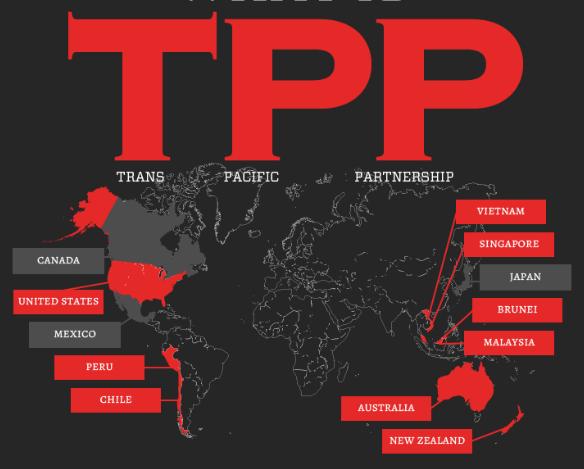
WASHINGTON — President Barack Obama faces some tough sledding with his lofty hopes on trade.
His long struggle to get Congress to give him trade promotion authority portends a much larger fight over his plan to deliver a Pacific Rim trade pact that would rank as the largest in history.
While the House of Representatives reversed itself and voted 218-208 to advance the trade promotion measure on Thursday, Obama will face a much heavier lift in coming months in getting Congress on board with the Trans-Pacific Partnership, a 12-nation deal that would include Japan and Vietnam.
Even if Obama’s team can quickly conclude negotiations, a final vote would still be months away, giving opponents plenty of time to mobilize. And with Hillary Clinton and other presidential candidates already making trade an issue in the 2016 race, backers of the proposed trade agreement feel a sense of urgency.
“Either Obama and Congress wrap this up during this calendar year or it is really in doubt,” said Gary Clyde Hufbauer, senior fellow with the Peterson Institute for International Economics.
Worries are mounting at both home and abroad that U.S. clout would take a big hit in Asia if the agreement ultimately collapses, allowing China to play a bigger role in setting rules for the rapidly growing region.
“The U.S. leadership role in the world international economic system would be in remission,” Hufbauer said. And if the TPP fails, he said, it will be clear that the fault lies solely with the United States: “There’s no blaming Japan or Vietnam or Canada or anybody else.”
Congress’ machinations have been watched closely overseas.
When the House first rejected Obama’s request last week, there was quick fallout.
In Japan, Economy Minister Akiri Amari said it would be difficult to hold more ministerial-level talks on the trade pact this month as originally planned.
And in Australia, Andrew Robb, Australia’s top trade official, said it was clear that the Trans-Pacific Partnership had become ensnared in U.S. politics and that its future appeared “quite problematic.”
“You can see the political heat’s rising by the day over there. . . . If it’s not dealt with in the next two or three weeks, I think we’ve got a real problem with the future of TPP,” Robb said in an interview with ABC Radio.
Congress has moved slowly on trade since Obama asked for trade promotion authority in his January State of the Union speech. Under trade promotion authority, also known as fast-track authority, Congress would be required to take an up-or-down vote on future trade pacts, with no filibusters or amendments allowed.
After weeks of haggling, the Senate finally approved the fast-track measure last month. The House followed suit on Thursday, rescuing a plan that it had failed to advance only June 12.
Despite the many delays, some trade supporters say it’s way too soon to panic.
“Trade votes are always difficult,” said Eric Schinfeld, president of the Washington Council on International Trade in Seattle. “They arouse a lot of passions on both sides, but they oftentimes have a way of working out.”



No comments:
Post a Comment